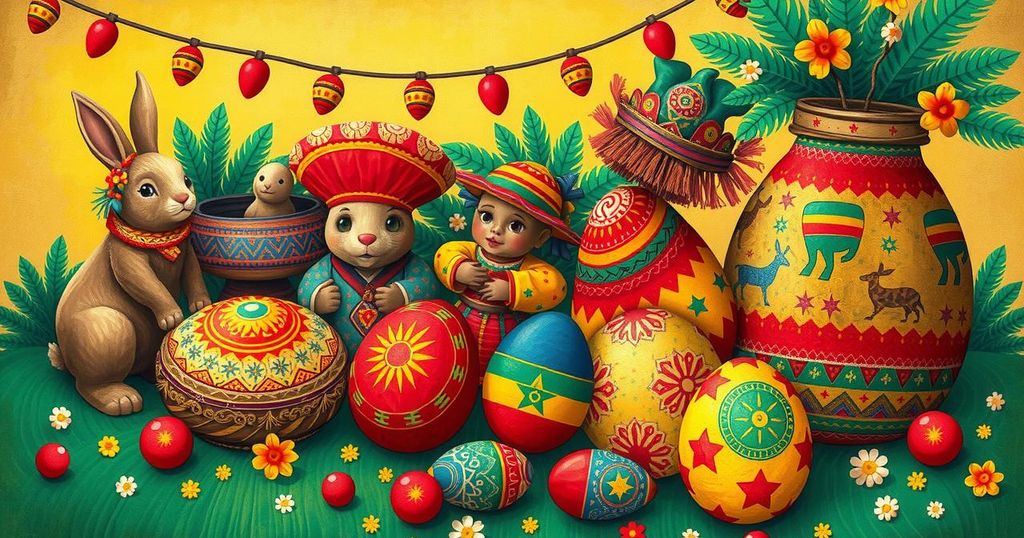Weather
ADVANCE, AFRICA, ASIA, BLUEFIELD, BLUEWELL, CRAVENS - SHIRES FUNERAL HOME, ETHIOPIA, FALLS MILLS, GEMINI BRANCH, GLADE SPRINGS, GRANDVIEW MEMORY GARDENS, HAYWORTH - MILLER FUNERAL HOME, INDIA, KING COAL HIGHWAY, LATEST, LOCAL NEWS, MEMORIAL BAPTIST CHURCH, MERCER, MERCER COUNTY, MERCER FUNERAL HOME, MID - ATLANTIC REGION, MOCKSVILLE, NC, NEWS, NONE, NORTH AMERICA, NORTHFORK, POCAHONTAS, ROCK, SOUTH AFRICA, SOUTHWEST VIRGINIA, SURVIVORS, THE FARMHOUSE, UNITED STATES, VA, VIRGINIA, VIRGINIA AVE, WEATHER, WEATHER FORECAST, WINSTON - SALEM, WOODLAWN MEMORIAL PARK, WV
Ethan Kim
0 Comments
Ethiopian Easter: Celebrating Fasika with Tradition and Community
Ethiopia observes Easter, known as Fasika, with unique customs including fasting and communal meals. The holiday emphasizes cultural significance and renewal, featuring traditional dishes and vibrant celebrations among families and communities.
Easter in Ethiopia is celebrated with unique customs and traditions. This significant holiday often involves fasting leading up to the day of celebration, where families come together to feast after a period of abstinence. The observance integrates special church services, community gatherings, and traditional meals, reflecting the deep-rooted cultural significance of the occasion in Ethiopian society.
Notably, Ethiopian Easter, or Fasika, is distinguished by its timing, typically falling on a Sunday following the Jewish Passover. This celebration is particularly vibrant, featuring traditional dishes such as doro wat, a spicy chicken stew, and injera, a sourdough flatbread. It often culminates in a joyful atmosphere with communal prayers and rituals.
Families often wear new or special clothes for the occasion, symbolizing renewal and hope. The communal aspect of the celebration fosters a strong sense of unity and belonging, as relatives and friends gather to mark this important event together.
Easter in Ethiopia is characterized by fasting, communal gatherings, and unique culinary traditions. The celebration highlights cultural and religious significance, representing renewal and unity among families and communities. With vibrant customs and special meals, the observance continues to be a cherished event in Ethiopian society.
Original Source: www.bdtonline.com




Post Comment